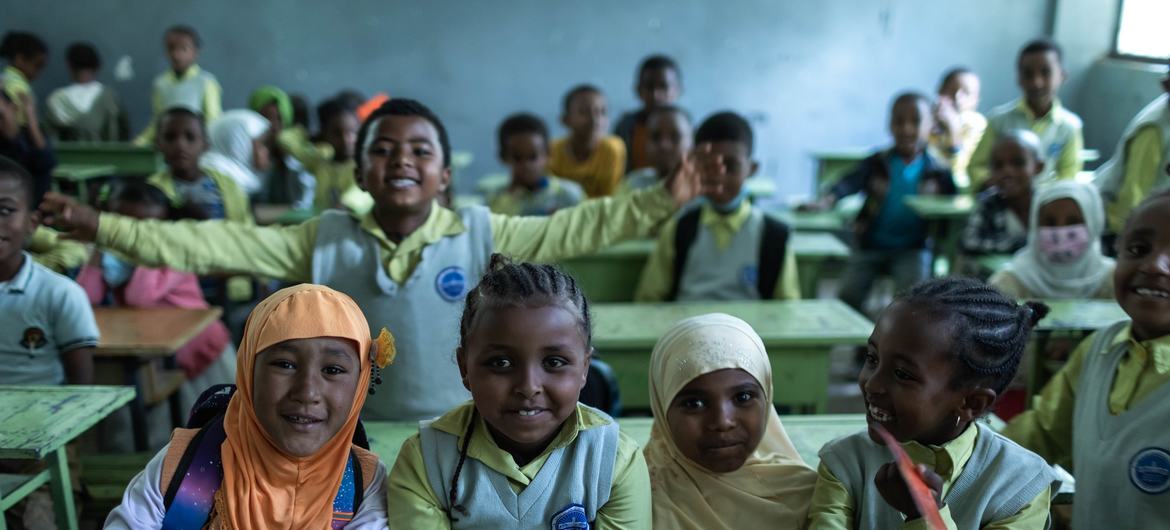

A new report from the United Nations Educational, Scientific and Cultural Organization (UNESCO) warns that without an extra 97 billion U.S. dollars in funding, several countries will fail to meet their 2030 national education targets.
The report, titled “Can countries afford their national SDG4 benchmarks?” and authored by the Global Education Monitoring (GEM) Report, was released ahead of the spring meetings of the World Bank and the International Monetary Fund.
It focuses on Goal 4 of the 2030 Agenda for Sustainable Development, which aims to ensure inclusive and equitable quality education and promote lifelong learning opportunities for all.
The report finds that an injection of funds is necessary for the education sector to meet these targets. In addition to mobilizing additional resources, strategies to increase the effectiveness of funding are also needed. The greatest financing gap is in sub-Saharan Africa, which requires 70 billion dollars peryear. Approximately one-third of this gap could be filled if donors fulfill their aid commitments and prioritize basic education in the poorest countries, according to the report.
The report also highlights other key findings, including the need to triple the number of pre-primary teachers in low-income countries and double them in lower-middle income countries by 2030. Furthermore, the number of primary school teachers needs to increase by nearly 50 percent in low-income countries.
The COVID-19 pandemic has exacerbated the learning crisis, with only half of children and adolescents prepared for the future having completed their education and with minimum proficiency in reading. Additionally, two-thirds of low and lower-middle-income countries cut their public education spending in the first year following the onset of the pandemic in 2020.
The report concludes that the international community must urgently review financing to support the attainment of these targets and ensure inclusive, equitable and quality education for all.

